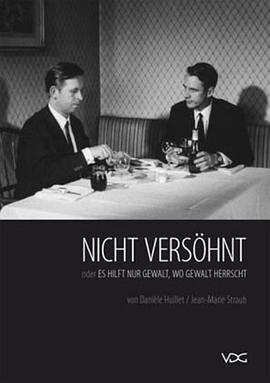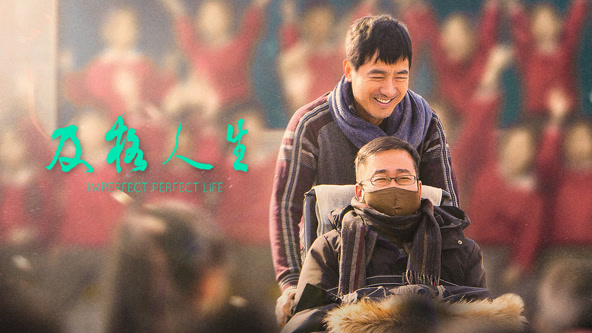
我也要给这影片打分:还行
- 主演:
- HeinrichHargesheimerCarlheinzHargesheimerMarthaStaendner达尼埃尔·于伊耶HenningHarmssenUlrichHopmannJoachimWeilerEva-MariaBoldHiltraudWegenerUlrichvonThünaErnstKutzinskiKarlBodenschatzHeinerBraunGeorgZanderLutzGrubnau若阿内斯·巴尔斯基保罗·埃塞尔
- 清晰:
- HD中字
- 地区:
- 其它
- 语言:
- 其它
- 时间:
- 2023-08-31 01:41:58
- 年份:
- 1965
- 评论:
- 我也要评论
- 剧情:
- The subtitle of Jean-Marie Straub and Danièle Huillet’s first feature, from 1965, “Only Violence… 详细剧情
【观看小贴士】: [DVD:普通清晰版] [BD:蓝光高清版] [HD:高清版][TS/TC:抢先非清晰版] - 其中,BD/HD版本不太适合网速过慢的用户观看
剧情介绍
The subtitle of Jean-Marie Straub and Danièle Huillet’s first feature, from 1965, “Only Violence Helps Where Violence Reigns,” suggests the fierce political program evoked by their rigorous aesthetic. The pretext of the film, set in Cologne, is Heinrich Böll’s novel “Billiards at Half Past Nine,” which they strip down to a handful of stark events and film with a confrontational angularity akin to Bartók’s music that adorns the soundtrack. The subtlest of cues accompany the story’s complex flashbacks. The middle-aged Robert Fähmel tells a young hotel bellhop of persecutions under the Third Reich; his elderly father, Heinrich, an architect famed for a local abbey, recalls the militarism of the First World War, when his wife, Johanna, incurred trouble for insulting the Kaiser. A third-generation Fähmel is considering architecture, just as the exiled brother of Robert’s late wife, returns, only to be met by their former torturer, now a West German official taking part in a celebratory parade of war veterans. Straub and Huillet make the layers of history live in the present tense, which they judge severely. The tamped-down acting and the spare, tense visual rhetoric suggest a state of moral crisis as well as the response—as much in style as in substance—that it demands.
- 除了"没有和解"你也可能喜欢以下影片:








